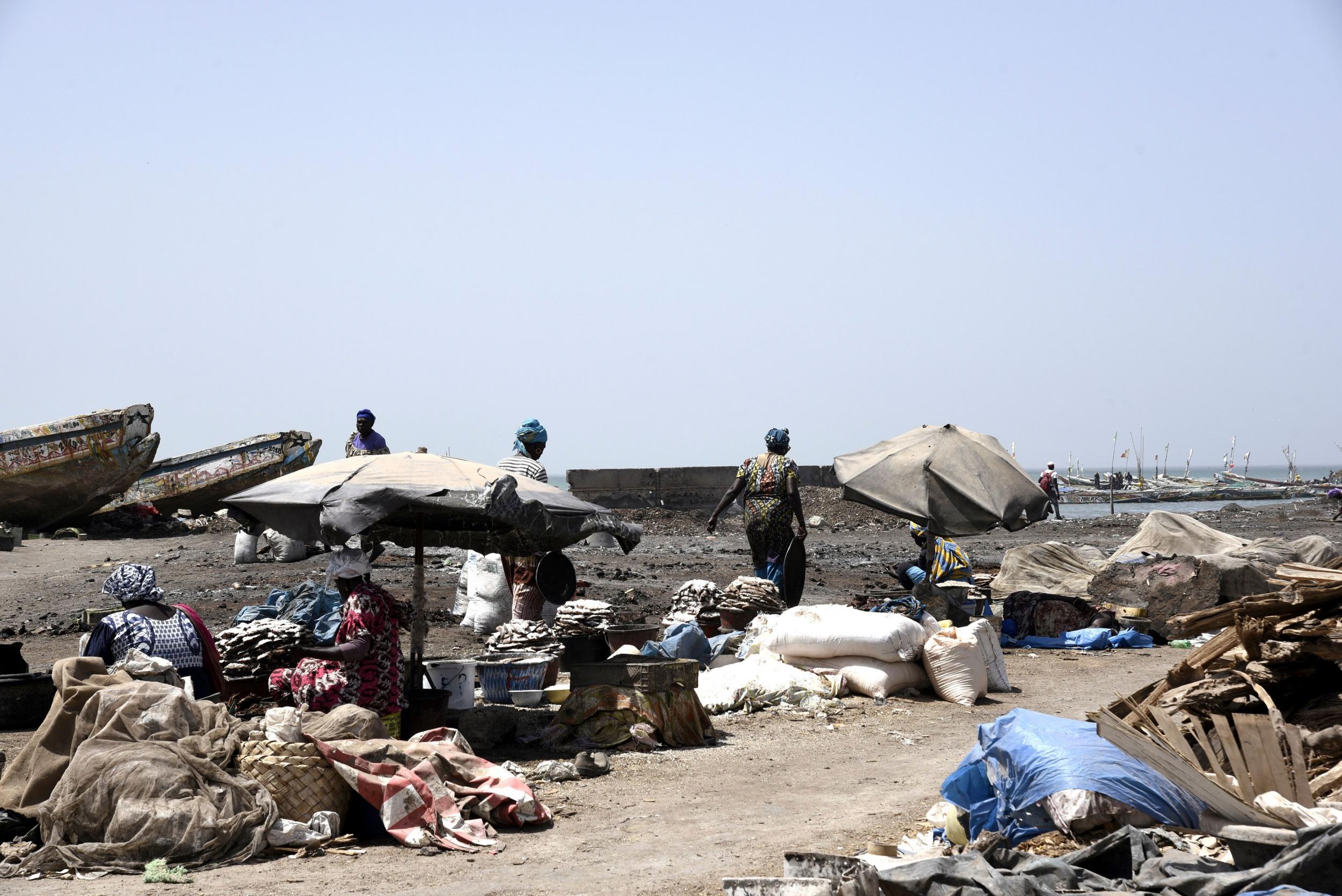Coronavirus: Global hunger could double due to Covid-19 pandemic, UN warns
The impact of lost tourism revenues, falling remittances and travel and other restrictions linked to the coronavirus pandemic are expected to leave some 130 million people acutely hungry this year
Your support helps us to tell the story
From reproductive rights to climate change to Big Tech, The Independent is on the ground when the story is developing. Whether it's investigating the financials of Elon Musk's pro-Trump PAC or producing our latest documentary, 'The A Word', which shines a light on the American women fighting for reproductive rights, we know how important it is to parse out the facts from the messaging.
At such a critical moment in US history, we need reporters on the ground. Your donation allows us to keep sending journalists to speak to both sides of the story.
The Independent is trusted by Americans across the entire political spectrum. And unlike many other quality news outlets, we choose not to lock Americans out of our reporting and analysis with paywalls. We believe quality journalism should be available to everyone, paid for by those who can afford it.
Your support makes all the difference.The number of people facing acute food insecurity could nearly double this year to 265 million due to the economic fallout of Covid-19, the United Nations’ World Food Programme (WFP) said on Tuesday.
The impact of lost tourism revenues, falling remittances and travel and other restrictions linked to the coronavirus pandemic are expected to leave some 130 million people acutely hungry this year, adding to around 135 million already in that category.
“Covid-19 is potentially catastrophic for millions who are already hanging by a thread,” said Arif Husain, chief economist and director of research, assessment and monitoring at the World Food Programme (WFP).
“We all need to come together to deal with this because if we don’t the cost will be too high – the global cost will be too high: many lost lives and many, many more lost livelihoods,” he told reporters at a virtual briefing in Geneva.
Husain said it was critical to act quickly in order to prevent people already living hand-to-mouth, such as food vendors in Kenya, from selling their assets as it could take them years to become self-reliant again.
In some cases, such as when farmers sell their ploughs or oxen, it could have knock-on effects for food production for years to come, he added.
“These were the people we were concerned about those who were OK before Covid and now they are not,” he said, adding he was “really worried” about people living in countries with little or no government safety nets.
“Acute food and livelihood crisis” is category three of five UN phases meaning a “critical lack of food access and above usual malnutrition”.
Category 5 means mass starvation. UN officials did not give a geographical breakdown of the growing needs but said that Africa was likely to be hardest hit.

WFP expects to need $10-$12bn to fund its assistance programmes this year compared to a record $8.3bn raised last year, Husain added. It plans to pre-position food stocks over the coming months in anticipation of growing needs.
Of those already deemed acutely hungry, many are in conflict zones such as Syria or in countries badly hit by the impact of climate change, according to a UN report.
Even before the coronavirus pandemic, desert locusts in east Africa had destroyed crops and boosted the number of people reliant on food aid.
Reuters

Join our commenting forum
Join thought-provoking conversations, follow other Independent readers and see their replies
Comments